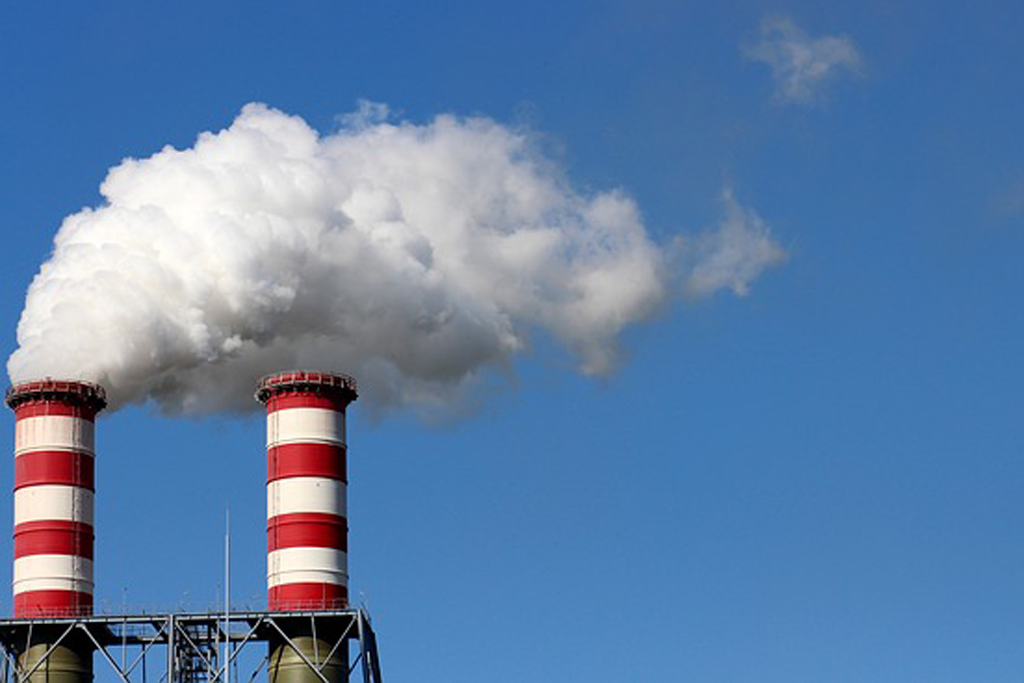
Natural gas flaring has increased dramatically in the United States with the growing development of new shale plays. Today, roughly 10% of total natural gas production is lost to venting and flaring, and in North Dakota one third of all natural gas produced is flared rather than being sold. This increase in flaring has attracted significant public and regulatory scrutiny from both the states and the EPA. The EPA has announced plans for new regulations regarding methane emissions from oil and gas producers, which we have previously discussed. New technologies will play a pivotal role in meeting these new and future regulations.
One company that is developing a new technology is Providence Photonics. Providence has developed Flare Combustion Efficiency Technology in order to address emissions from flaring. Flare stacks are used to burn off vented gases instead of releasing them directly into the atmosphere. This is more environmentally friendly than releasing gases directly into the atmosphere. It is difficult to accurately gauge the extent of emissions coming from flare stacks and although it is widely assumed that they operate with 98% efficiency, there is widespread concern that this number is not entirely accurate. Providence’s technology hopes to solve the problem of not having an accurate way to measure emissions from flare stacks by using infrared cameras to detect which gases are being burned and, more importantly, adjust the flare stacks to burn more efficiently.
This operation is claimed to be cheaper and more accurate than currently used technologies. Providence Photonics recently received an EPA Small Business Innovative Research (SBIR) Phase II grant, worth $300,000, in November 2014 to further develop its Flare Combustion Efficiency Technology for commercial use. Providence had received a Phase I SBIR grant, worth $80,000, earlier and demonstrated the feasibility of their technology. Such advancements in technology are critical for the continued growth of the oil and gas industry in an environmentally responsible fashion.
-Tyler Wilson and Uday Turaga



















